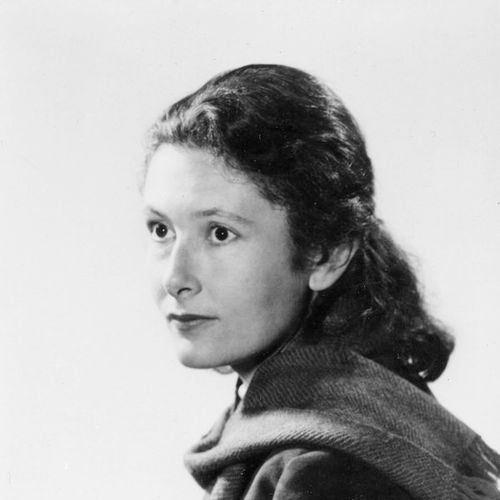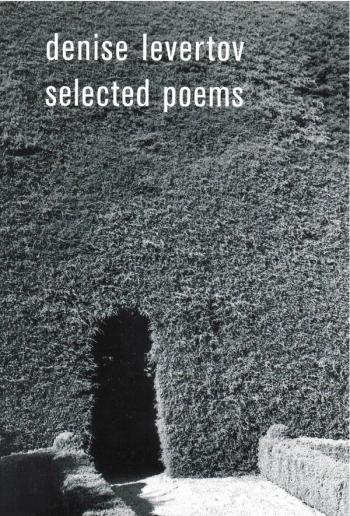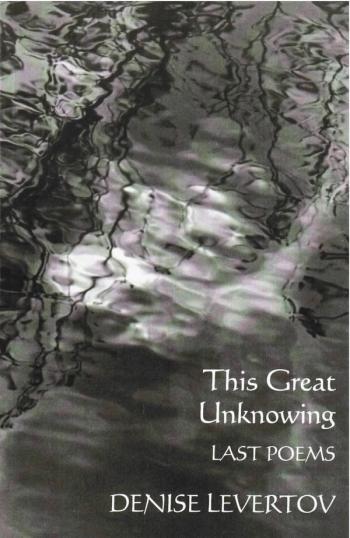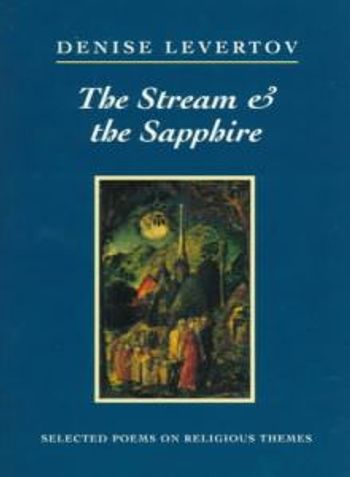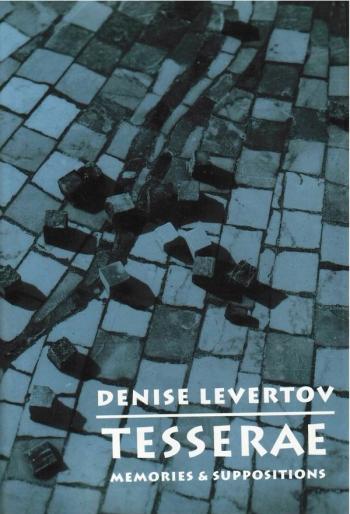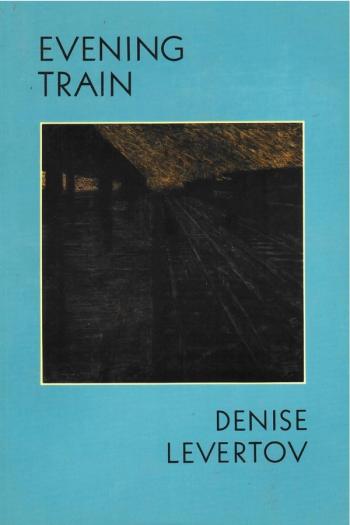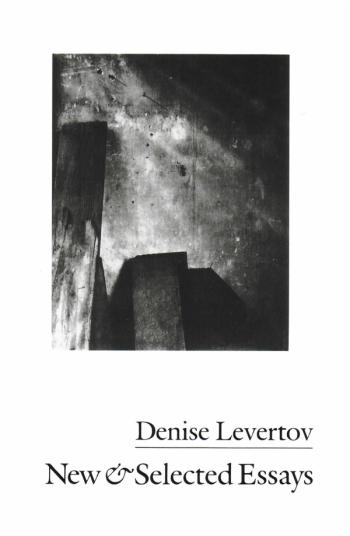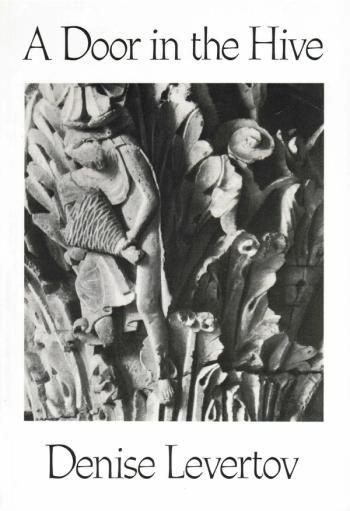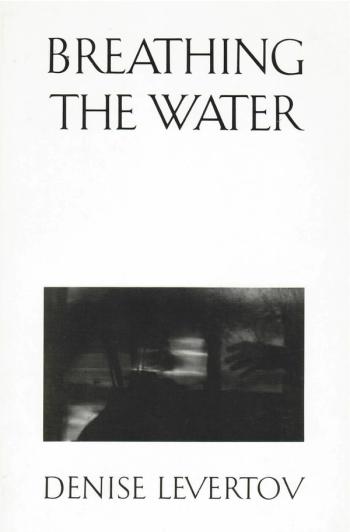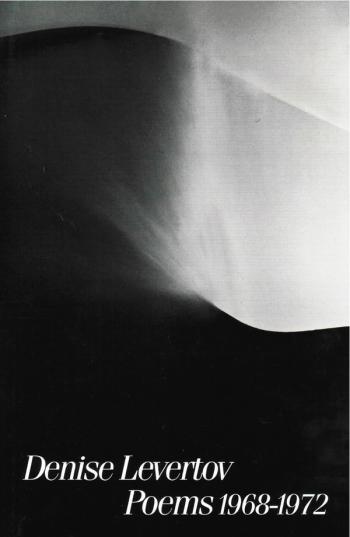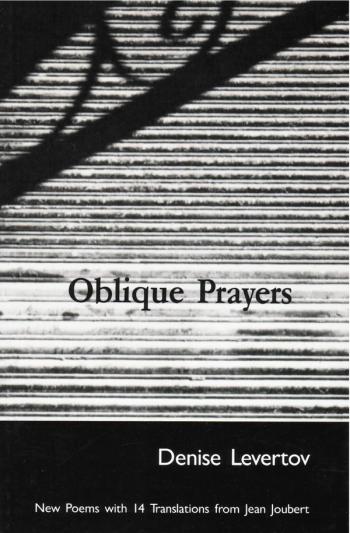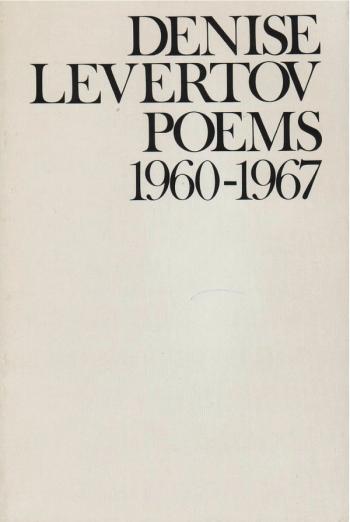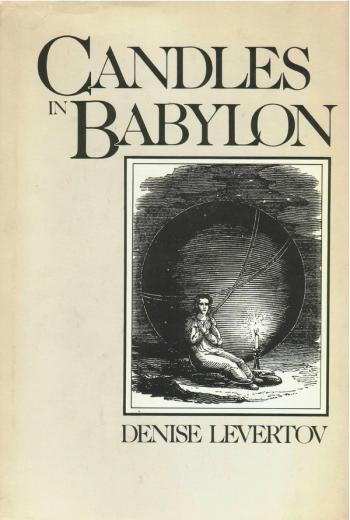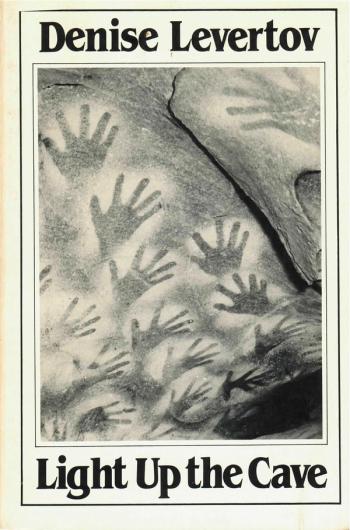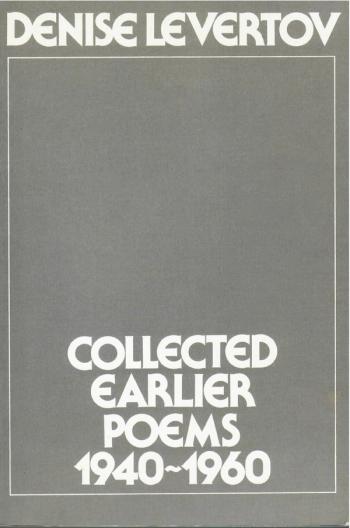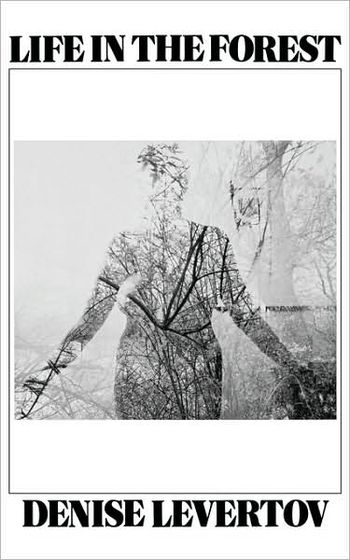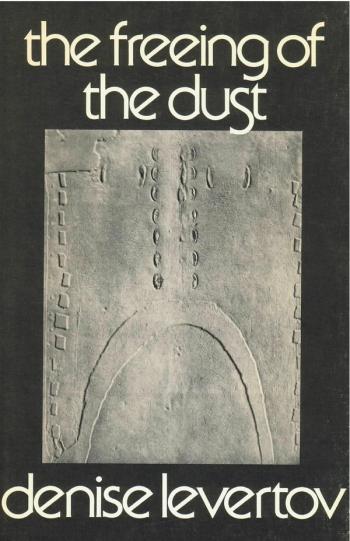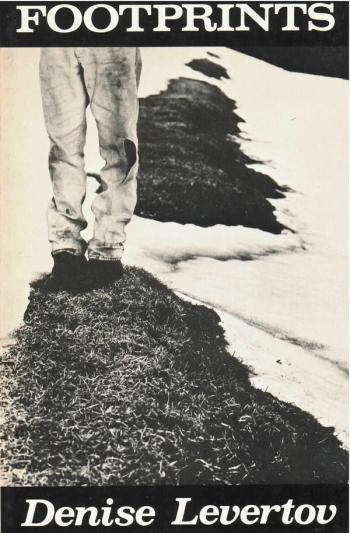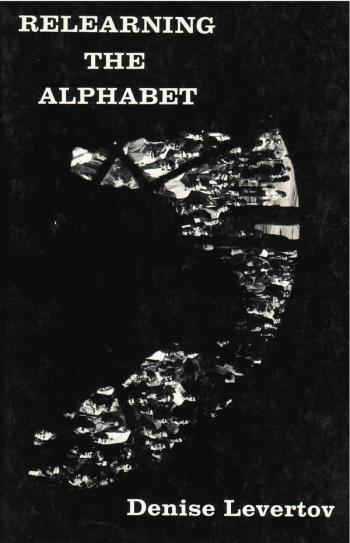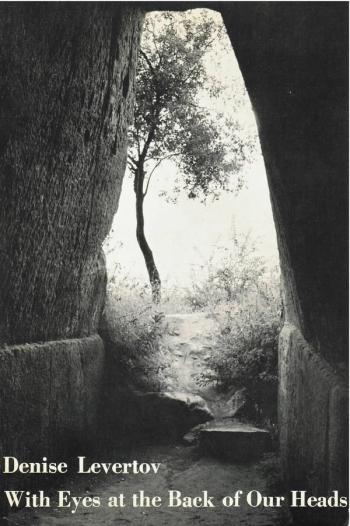As author
The Collected Poems of Denise Levertov
Making Peace
Selected Poems of Denise Levertov
Poems 1972-1982
This Great Unknowing
The Letters Of Denise Levertov And William Carlos Williams
Sands of the Well
The Life Around Us
The Stream And The Sapphire
Tesserae
Evening Train
Selected Essays of Denise Levertov
A Door In The Hive
Breathing The Water
Poems 1968-1972
Oblique Prayers
Poems 1960-1967
Candles In Babylon
Light Up the Cave
Collected Earlier Poems 1940-1960
Life In The Forest
The Freeing Of The Dust
Footprints
Relearning The Alphabet
The Jacob’s Ladder
With Eyes At The Back Of Our Heads
Denise Levertov
Denise Levertov was born in 1923 in London and educated at home by her mother. Her formal education ended at age twelve, though she studied ballet for a time thereafter and was a lifelong autodidact and student of the arts, literature and languages. Her first book of poems, The Double Image, was published by Cresset Press, London in 1946 and in 1948 she came to the U.S. as the wife of Mitchell Goodman, who had been studying in Europe on the G.I. Bill.
Levertov was introduced to the American reading public through The New British Poets, an anthology edited by Kenneth Rexroth and published by New Directions. From the early 1950s, she and her husband were political and antiwar activists. Levertov taught at University of Massachusetts, Boston, Tufts University, and at Brandeis. For a time, she taught part of the year at Brandeis and the other part at Stanford University, which she also received tenure from. Along with the Elmer Holmes Bobst Award in poetry and the Lannan Prize, she won the 1996 Governor’s Writers Award, from the Washington State Commission for the Humanities. She died of lymphoma on December 20, 1997, in Seattle and is survived by her son Nikolai Goodman. Levertov published more than thirty books with New Directions.
